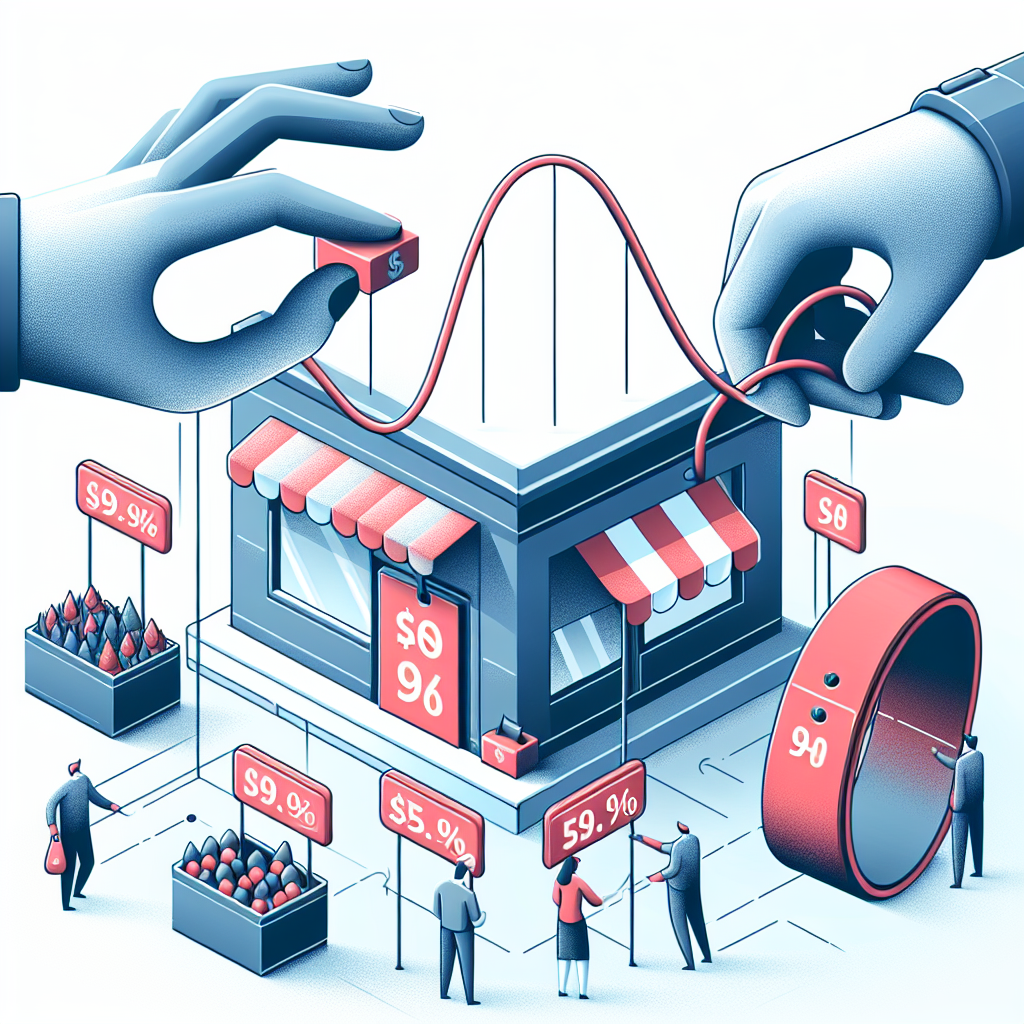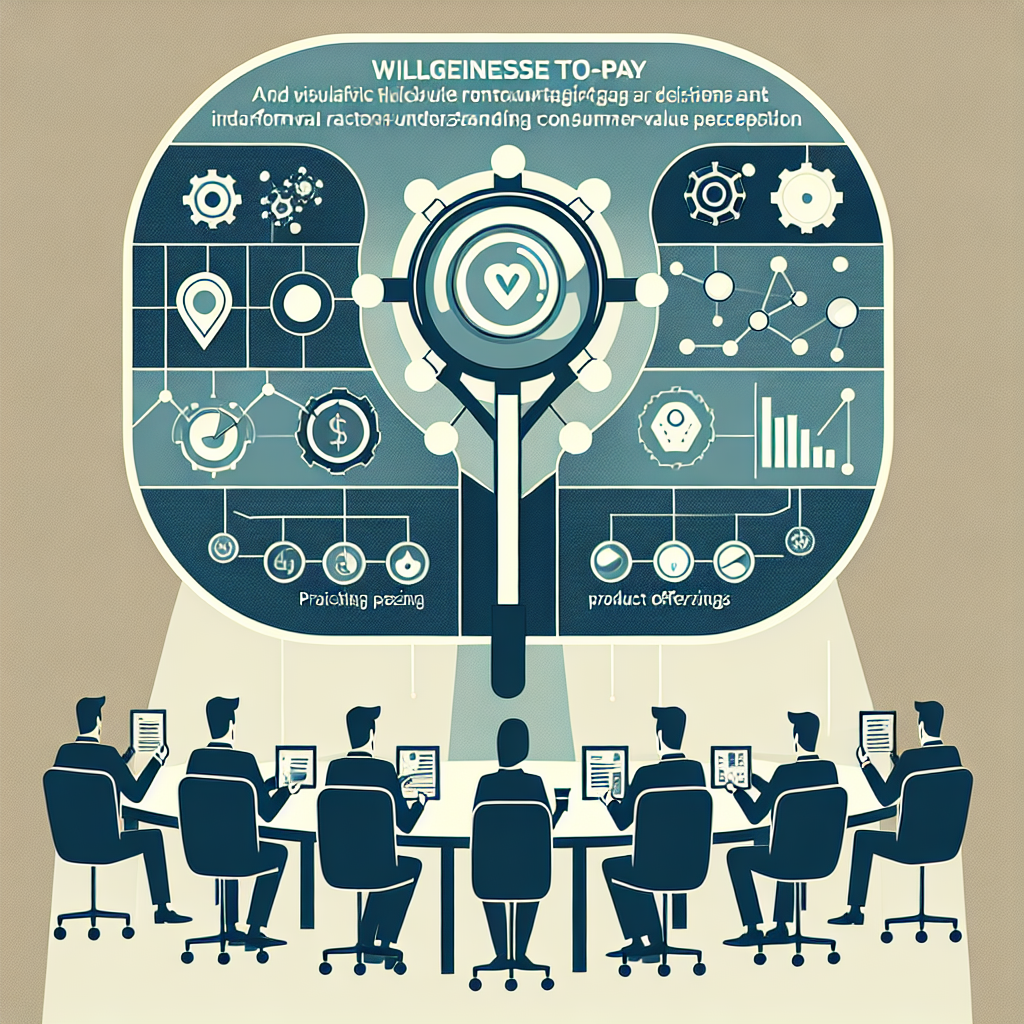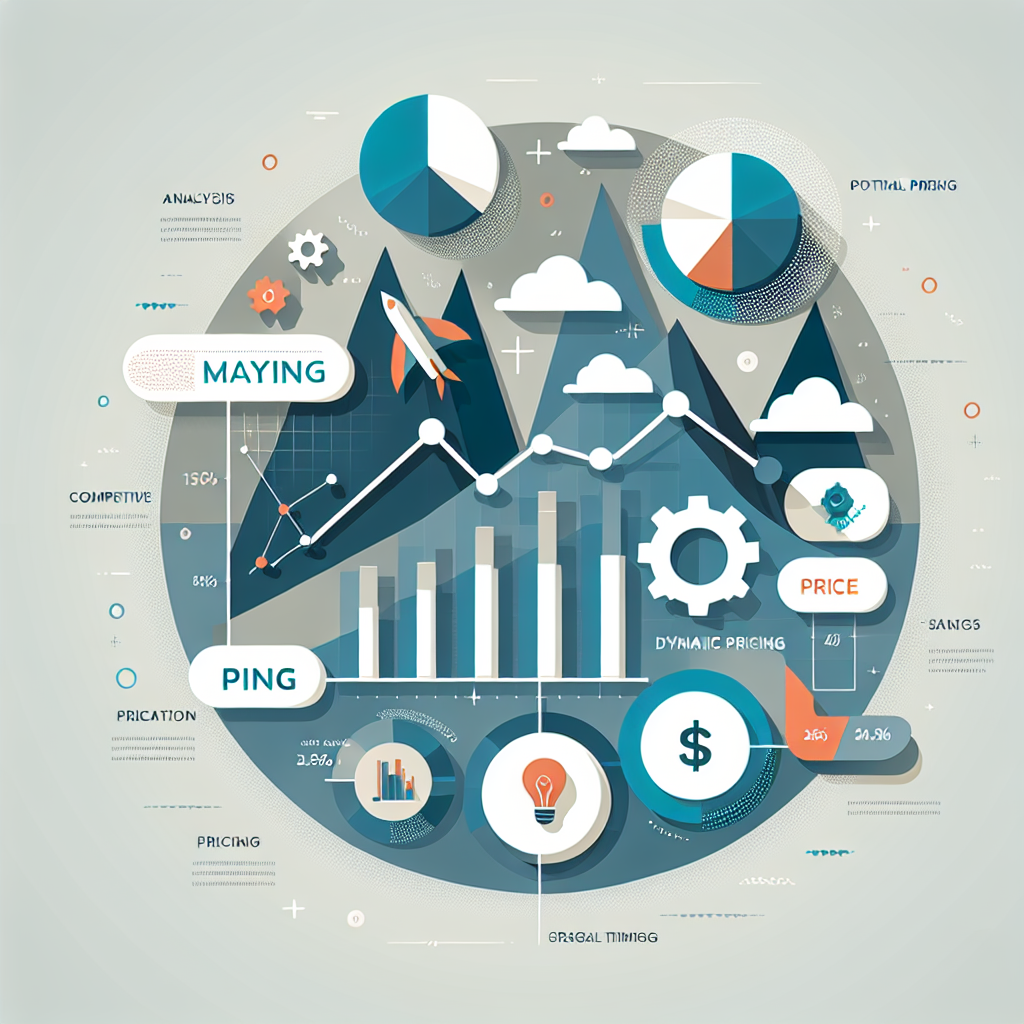Artificial Intelligence in Customer Service: Transforming Brand Experiences
1. Introduction: The Paradigm Shift in Customer Experience Management
Customer service has evolved from a reactive cost center to a strategic differentiator in the modern business landscape. Artificial Intelligence (AI) stands at the center of this transformation, fundamentally redefining how brands engage with consumers at scale. As customer expectations for immediate, personalized, and frictionless service continue to rise, organizations are leveraging AI technologies to deliver experiences that were previously impossible through human efforts alone.
Research from Gartner indicates that by 2025, 40% of customer service interactions will be fully automated through AI and machine learning, up from less than 10% in 2022. As Harvard Business Review noted, "AI is not merely an operational upgrade to customer service—it represents a fundamental reimagining of the customer relationship." This article explores how AI is transforming customer service across multiple dimensions, from operational efficiency and personalization to predictive capabilities and human augmentation, while addressing the challenges and future trajectories of this rapidly evolving field.
2. Core AI Technologies Reshaping Customer Service
Several foundational AI technologies are driving the evolution of customer service:
a) Natural Language Processing (NLP) and Understanding
- Conversational AI that comprehends customer intent, sentiment, and context
- Multilingual capabilities bridging global communication barriers
- Sentiment analysis that detects emotional states and adapts responses accordingly
b) Machine Learning and Predictive Analytics
- Algorithms that continuously improve through customer interactions
- Predictive models that anticipate customer needs before they arise
- Pattern recognition identifying emerging issues and opportunities
c) Computer Vision and Biometric Authentication
- Visual recognition for streamlined identity verification
- Emotion detection for more empathetic service responses
- Document processing and analysis for enhanced service efficiency
The integration of these technologies creates customer service capabilities that surpass traditional human-only models in both scale and sophistication.
3. Strategic Applications Transforming Customer Engagement
AI applications in customer service span the entire customer journey:
a) Intelligent Virtual Assistants and Chatbots
The evolution from simple rule-based bots to sophisticated AI assistants has revolutionized front-line service:
- Conversational AI platforms like Ada and Intercom handling 80% of routine inquiries without human intervention
- 24/7 availability eliminating wait times and expanding global coverage
- Seamless handoffs to human agents for complex scenarios
Example: Lemonade Insurance's AI assistant Jim handles claims processing from start to finish, reducing settlement times from days to seconds and creating what CEO Daniel Schreiber calls "a delightful claims experience"—a phrase rarely associated with insurance.
b) Augmented Agent Intelligence
AI tools amplify human capabilities rather than replacing them:
- Real-time knowledge recommendations providing agents with contextual information
- Sentiment analysis guiding appropriate emotional responses
- Automated documentation reducing administrative burden
Example: Salesforce's Service Cloud Einstein provides agents with next-best-action recommendations, increasing first-contact resolution rates by 32% at T-Mobile while reducing average handle time by 15%.
c) Hyper-Personalization at Scale
AI enables personalization that adapts to individual customer needs:
- Customer DNA profiles built from historical interactions
- Recommendation engines suggesting relevant solutions
- Dynamic scripting that adjusts to customer communication preferences
Example: Sephora's AI-powered Beauty Bot provides personalized product recommendations based on individual preferences and purchase history, achieving a 11% higher conversion rate than standard digital channels.
d) Predictive Service and Proactive Resolution
Rather than waiting for issues to arise, AI enables pre-emptive service:
- Predictive maintenance alerts before product failures occur
- Anticipatory outreach when patterns suggest customer friction
- Automated service recovery for detected problems
Example: Delta Air Lines' AI systems monitor operational data to predict potential flight disruptions and automatically rebook affected passengers before they even realize there's an issue, reducing customer effort scores by 24%.
4. Organizational Implementation and Challenges
Despite its transformative potential, AI integration faces several critical challenges:
a) Strategic Integration Versus Tactical Deployment
- Siloed AI implementations often fail to deliver maximized value
- Enterprise-wide AI strategy requires cross-functional alignment
- The tension between quick wins and long-term transformation
b) Data Quality and Ethical Considerations
- High-quality, unbiased training data is essential for effective AI
- Privacy concerns and regulatory compliance across jurisdictions
- Transparency requirements for AI-driven decisions
c) Human-Machine Collaboration Framework
- Redefining roles and responsibilities in a hybrid workforce
- Change management and skill development for human agents
- Balancing automation efficiency with authentic human connection
According to McKinsey, organizations with sophisticated AI integration in customer service achieve 15-20% cost reduction while simultaneously increasing CSAT scores by 10-15%.
5. The Future Trajectory: Ambient Intelligence and Beyond
The evolution of AI in customer service is accelerating toward more advanced paradigms:
a) Ambient Customer Intelligence
- Omnichannel presence that anticipates needs across touchpoints
- Emotion AI that responds to subtle communication cues
- Context-aware systems that understand customer history and preferences
b) Autonomous Experience Optimization
- Self-improving systems that continuously optimize based on outcomes
- Automated journey orchestration across channels and interactions
- Dynamic resource allocation based on real-time customer needs
c) Generative AI and Synthetic Media
- Customized content creation for individual customer scenarios
- Personalized video explanations and interactive tutorials
- Voice cloning for consistent brand representation
Example: Bank of America's Erica virtual assistant has evolved from a simple transactional bot to an ambient financial advisor that proactively identifies savings opportunities, provides personalized guidance, and has served more than 19.5 million customers and handled over 230 million queries.
6. Conclusion: The Augmented Customer Experience
Artificial intelligence in customer service represents not merely an operational enhancement but a fundamental reimagining of the brand-customer relationship. Organizations that strategically integrate AI capabilities achieve a powerful combination of scale, personalization, and efficiency that creates sustainable competitive advantage.
The future belongs not to those who simply deploy AI technologies as point solutions, but to organizations that develop cohesive AI strategies aligned with their customer experience vision. As service thought leader Shep Hyken observes, "The best AI implementations in customer service are those where customers don't realize they're interacting with technology—they just know they received exceptional service."
The most successful brands will leverage AI not to replace human connection but to enhance it, creating experiences that blend technological efficiency with authentic human empathy.
Call to Action
For customer experience leaders looking to advance their AI capabilities:
- Conduct an AI readiness assessment across your customer journey touchpoints
- Develop a strategic roadmap that balances quick wins with transformational opportunities
- Invest in AI literacy and upskilling across your customer service organization
- Create governance frameworks for responsible AI deployment that maintains trust
The organizations that master the integration of artificial intelligence into their customer service operations will not merely reduce costs—they will redefine what's possible in customer experience and establish new standards for brand relationships in the digital age.
Featured Blogs
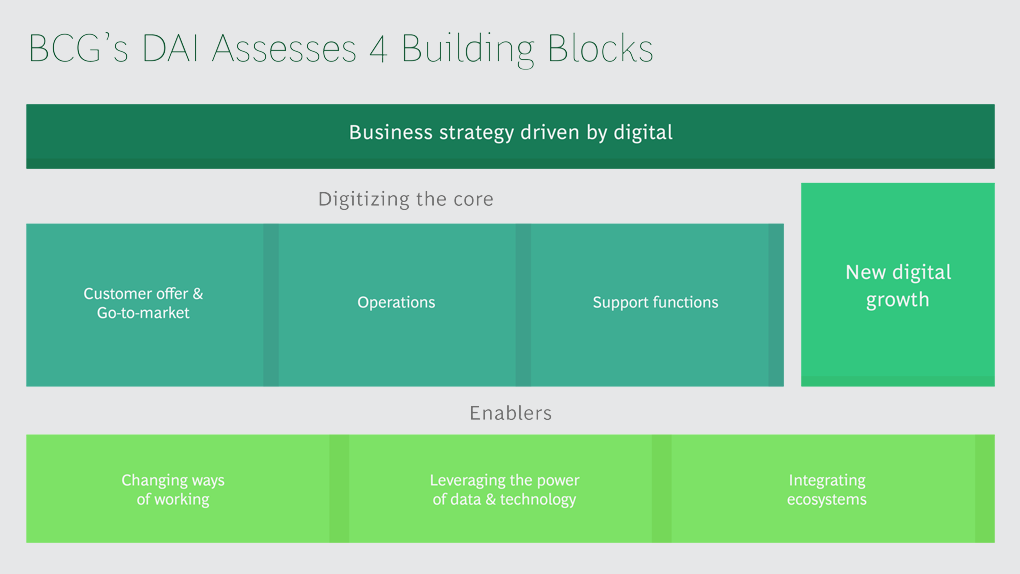
BCG Digital Acceleration Index
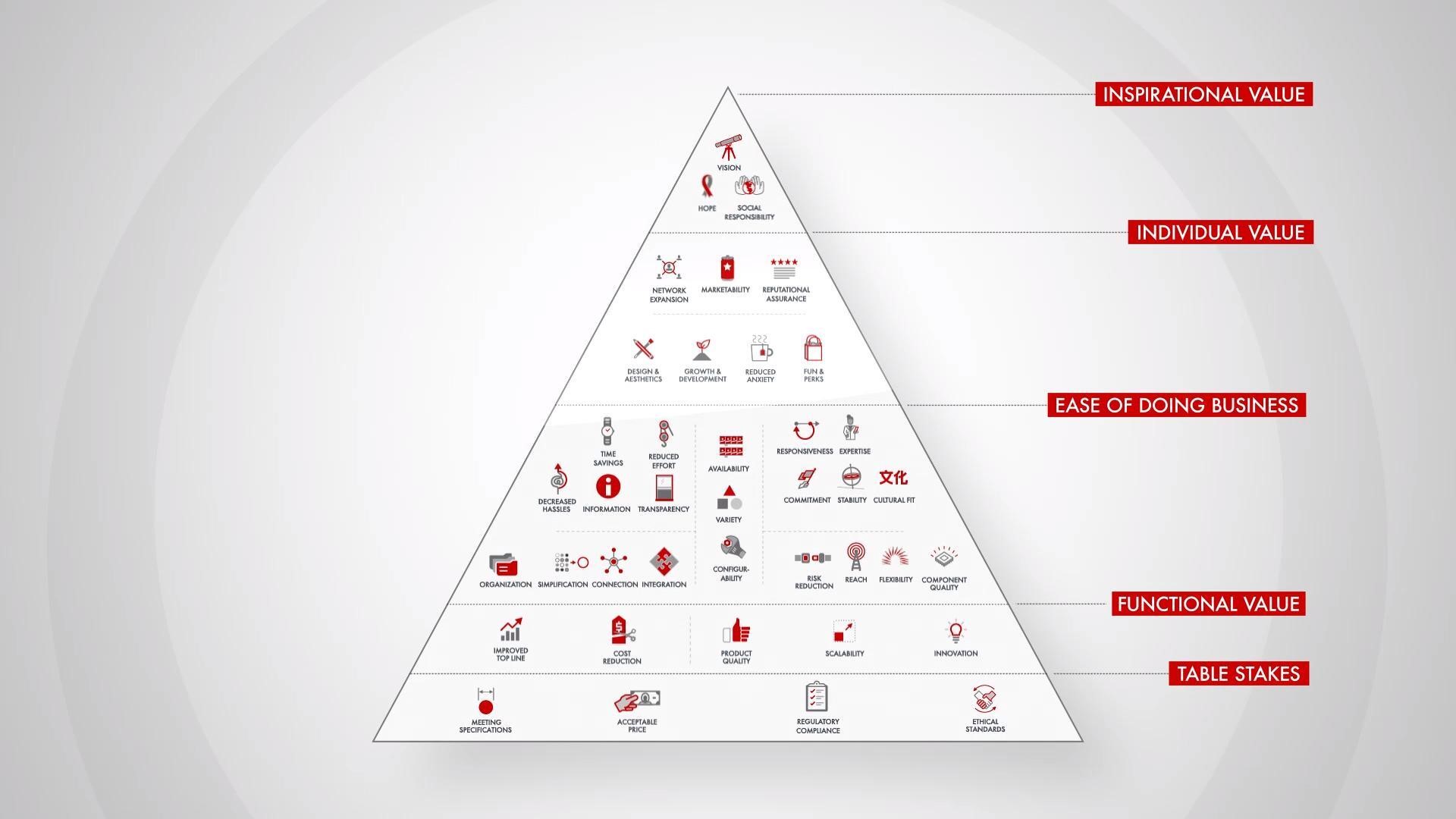
Bain’s Elements of Value Framework
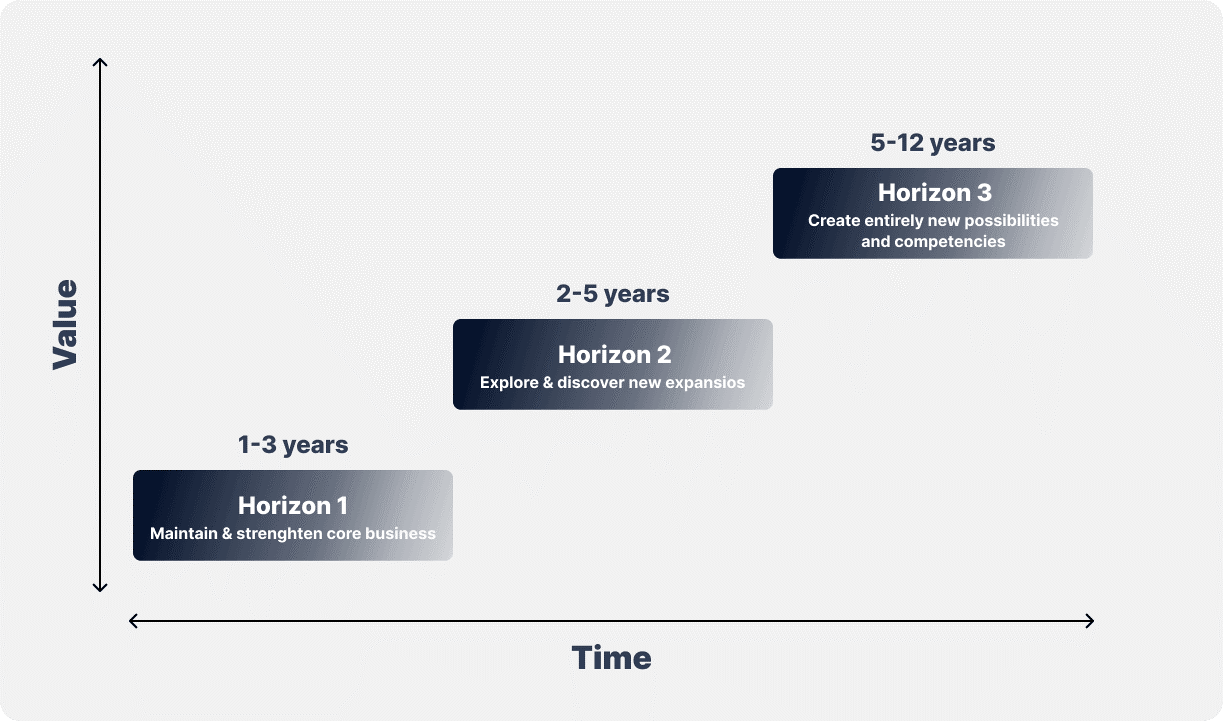
McKinsey Growth Pyramid
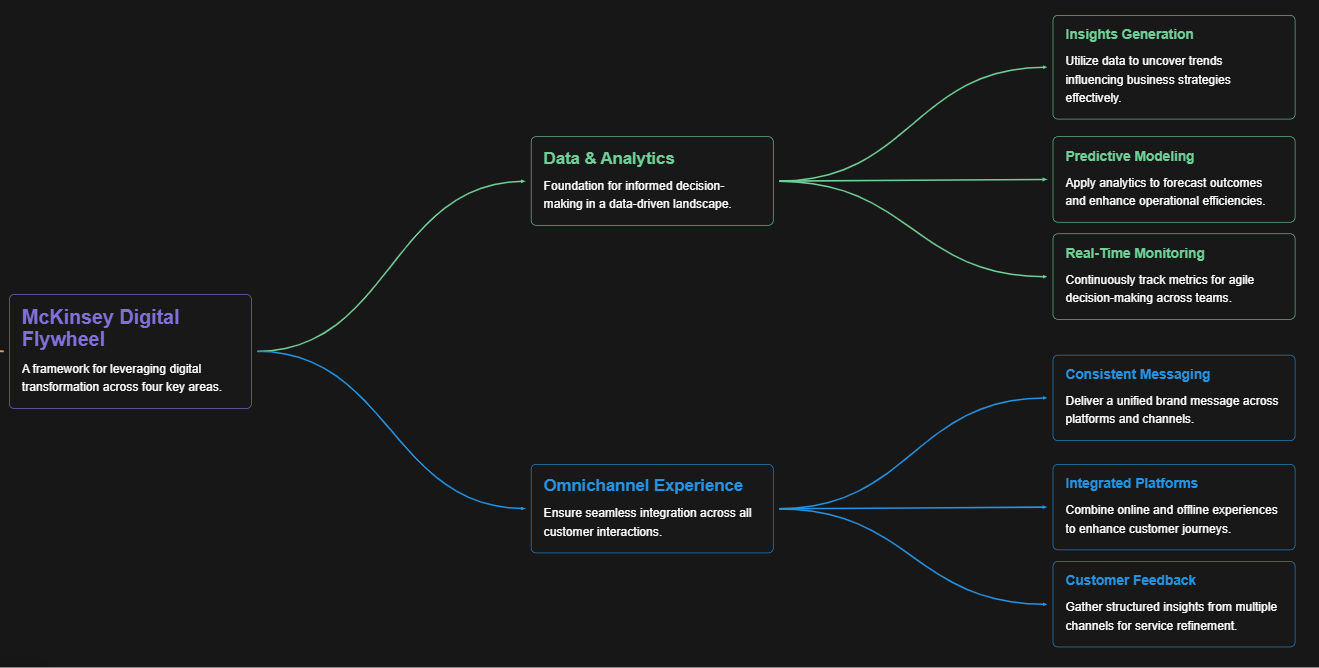
McKinsey Digital Flywheel
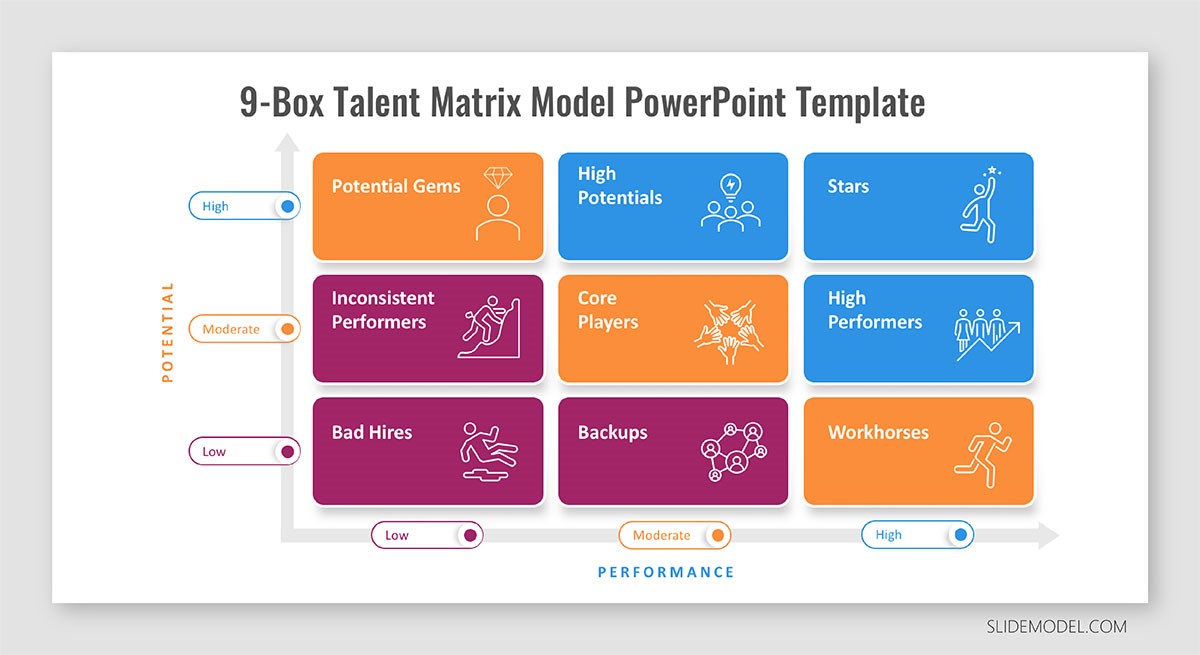
McKinsey 9-Box Talent Matrix
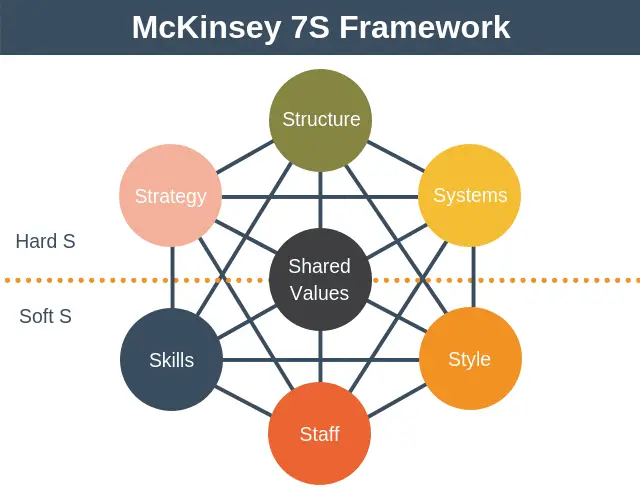
McKinsey 7S Framework
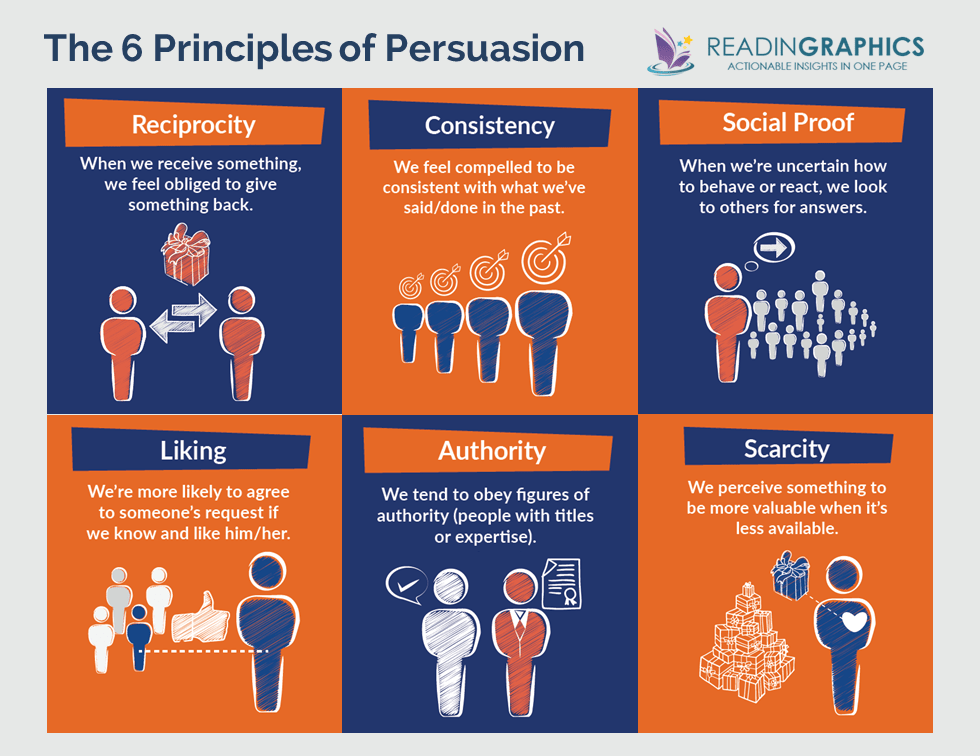
The Psychology of Persuasion in Marketing

The Influence of Colors on Branding and Marketing Psychology



